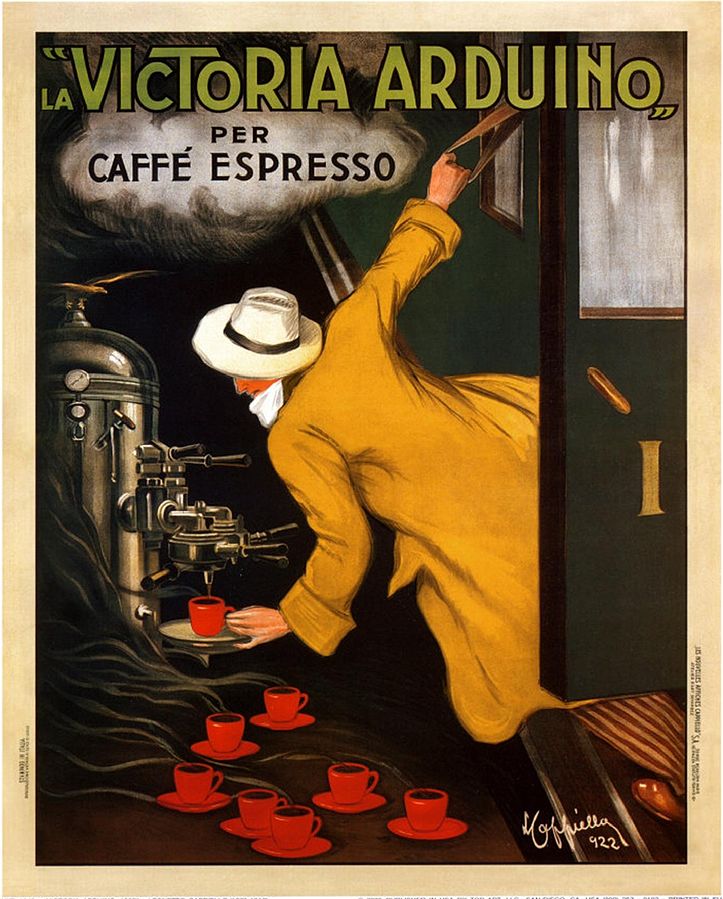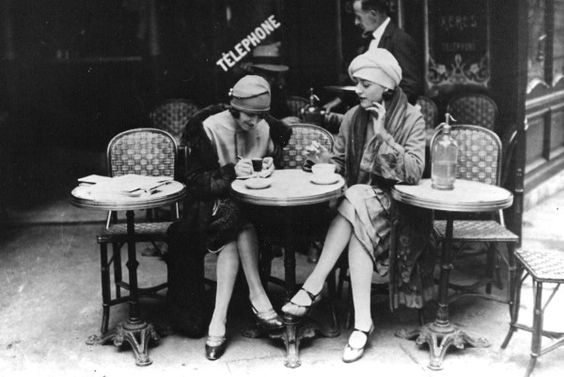Mrs. Robinson, Countercultures, and Politics

“Mrs. Robinson, you’re trying to seduce me.” That is one of the most famous lines from Hollywood’s classic, The Graduate (1967). Through Benjamin’s (Dustin Hoffman) relationship with Mrs. Robinson (Anne Bancroft)—a young fresh graduate with a bored middle-aged, middle-class housewife turned seductress—the movie tells a story of a noteworthy period in American history.
Following the postwar economic boom and increase in population, in the 1950s young middle-class couples moved from the overcrowded cities to new housing areas in the suburbs. These homes, equipped with new efficient home appliances, particularly in their kitchen design, were dubbed the “typical American house”. In 1959, Nixon once tried to enlighten Soviet leader, Nikita Khrushchev about the dishwashers directly installed in these houses. Nixon claims, “In America, we like to make life easier for women.”
It was during this Cold War period that the ideal white middle-class American family consisting of children, a male breadwinner and housewife was part of a political propaganda. In the US Cold War propaganda abroad, gender ideology played an important role to establish capitalism’s success over communism through the image of the Western middle-class, breadwinner-housewife nuclear family.
In fact, in the 1950s, the term middle-class Americans was more of a political term rather than an economic term, as political scholars have pointed out. The term was used to refer to an American identity associated with a set of values, a specific lifestyle, taste, and culture. This was marked by the rise of a consumer culture and a culture of conformity. It was against this setting that counterculture movements began to emerge.
The counterculture movements criticized the establishment, class divisions, education, gender norms, as well as the family and marriage institutions. The movements' dissatisfaction with American society is reflected in The Graduate through Ben’s journey to leave his dull privileged-life and break free from society’s conventions.
The story line reflected the hypocrisy of the privileged life in the comfortable suburban homes, which confined women to domesticity. In her research published in her book The Feminine Mystique (1963), Betty Friedan revealed that behind the doors of many seemingly happy suburban homes, lived an unhappy educated housewife who was discontent with domestic life. As much as the counterculture movements, such as the Beat and hippie movements, appear to offer a kind of sexual revolution—women—as disclosed in Beat women’s memoirs, remained as sexual objects and domestic creatures.
It was not only traditional values that encouraged women to primary be domestic beings, but it was also the politics of the day. For example, political issues surrounding childcare in the US had a significant contribution to the domesticity of women. During the Second World War, women were mobilized to work due to the urgent need of fulfilling war production. To encourage and enable women to join the workforce, the government provided quality federal-funded daycare. When the war ended and women were expected to return home to make way for male employment, the daycare initiative ended, despite considerable opposition from many women.
When the need for federal-funded collective childcare was raised again in the 1960s and ‘70s, it continued to face objection, in part, because the Cold War foes use such a system, so it was deemed incompatible with American values. Nixon vetoed the Comprehensive Child Development Act of 1971 arguing that it would “commit the vast moral authority of the National Government to the side of communal approaches to child rearing over against the family-centered approach.” Thus, childcare was and is still treated as an issue for individual families—particularly the women—to cope with, rather than an economic investment that will empower women and their families. Not surprisingly, to date, the US has no adequate childcare infrastructure intact, a problem which has been further exacerbated by the pandemic.
However, as with the politics of the Cold War era, male-dominated countercultures which emerged at the time too did not want to deal with any issues that might disrupt the gender power structure too much at their inconvenience. In terms of gender equality, changes were slow. As we see, after Mrs. Robinson’s liaison with Ben, she comes back to the comfort of her suburban home, behind the doors of the domesticity that define her.
-Some Thoughts from the Cappuccino Girl- (2021)
#ColdWar #counterculture #US #childcare #WorldWar2 #gender #history #literature #films #cinema #class
More on The Graduate https://feministpassion.blogspot.com/2021/11/the-graduate-and-middleman.html More on US wartime childcare https://feministpassion.blogspot.com/2021/09/war-politics-and-childcare-in-us.html More on countercultures https://feministpassion.blogspot.com/2017/07/flapper-queens-beats-mods-and-punk.html
Sources
Dratch, Howard (1974). The Politics of Child Care in the 1940s. Science & Society, 38(2): 167–204. http://www.jstor.org/stable/40401779 (Accessed 25 July 2021).
Friedan, Betty (1973) ‘Up from the Kitchen Floor.’ NY Times. https://www.nytimes.com/1973/03/04/archives/up-from-the-kitchen-floor-kitchen-floor.html (Accessed August 22, 2020).
Krasner, Barbara (2014) ‘The Nuclear Family and Cold War Culture of the 1950s.’ Academia. https://www.academia.edu/9926751/The_Nuclear_Family_and_Cold_War_Culture_of_the_1950s (Accessed December 21, 2019).
Maragou, Helena (2015) Lawrence R. Samuel, The American Middle Class: A Cultural History. Review https://journals.openedition.org/ejas/10458 (Accessed 14 November 2021).
Punch, David A. (2018) The Graduate: Symbolism in Film. https://medium.com/@DavidA.Punch/the-graduate-symbolism-in-film-a549ef9882c0 (Accessed 21 November 2021).
The Kitchen Debate-transcript 24 July 959 Vice President Richard Nixon and Soviet Premier Nikita Khrushchev U.S. Embassy, Moscow, Soviet Union. https://www.cia.gov/library/readingroom/docs/1959-07-24.pdf (Accessed August 16, 2020).
POPULAR TOPICS
#subculture
Gurlesque: Poetics of the Bizarre, Ugly, and Feminine
#films
Mrs. Robinson, Countercultures, and Politics
#history
The Dutch Golden Age, Golden for Whom?
I also write articles here: https://feministpassion.blogspot.com/




